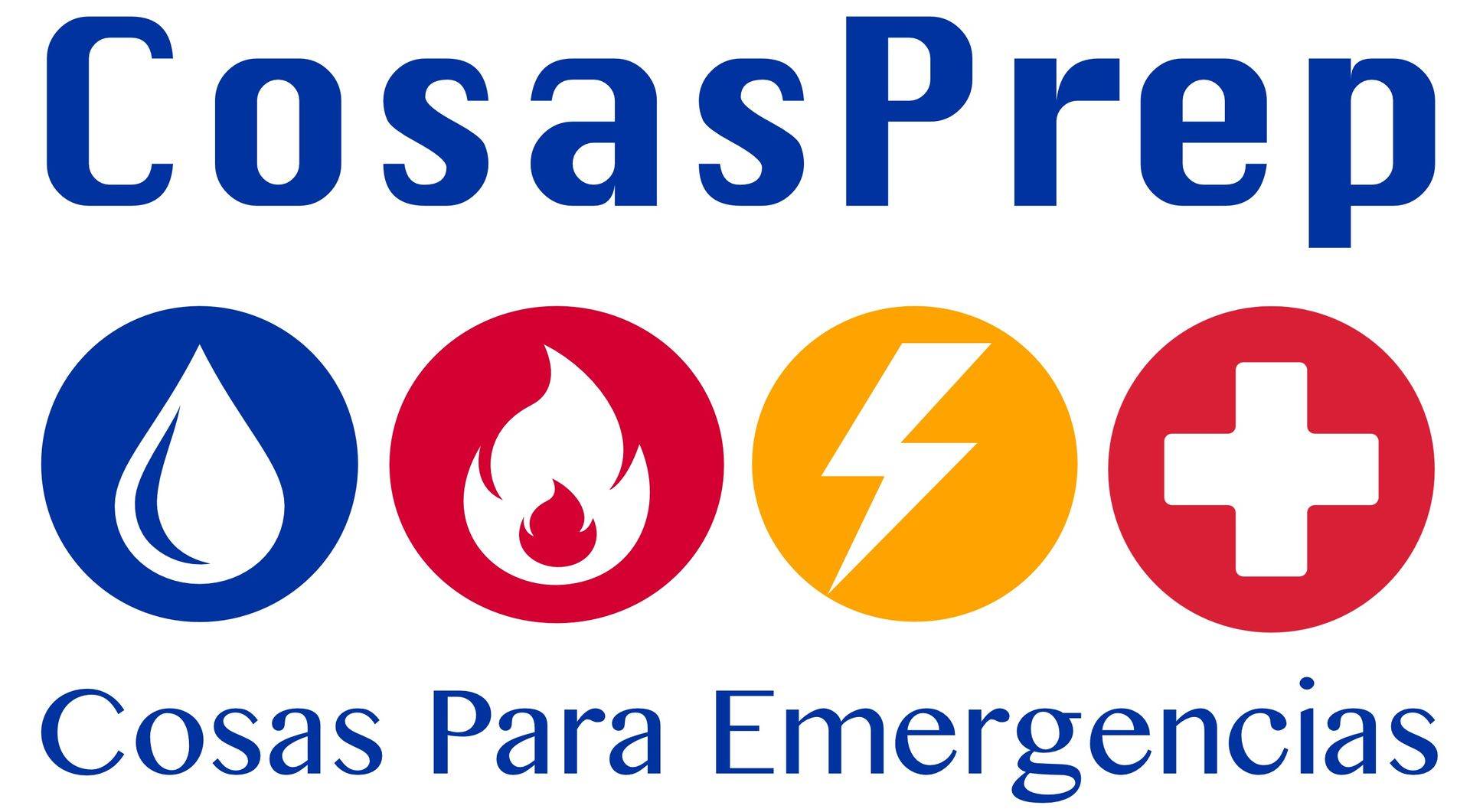Fire Preparedness
There are easy steps you can take to reduce the chance that your home will be damaged or anyone injured in a blaze—whether it starts inside or outside your home.

Practice Home Fire Safety
- Have smoke detectors and fire extinguishers on every level of your home
- Test and clean smoke detectors monthly and replace batteries at least twice a year
- Check fire extinguisher pressure gauges monthly
- Store matches and lighters out of the sight and reach of children
- Don’t overload electrical outlets or run cords underneath rugs
- Inspect electrical cords for damage and replace or repair them if needed
- Keep space heaters at least three feet from furniture and drapes
- Clean the lint screen on your clothes dryer before each use
- Have your furnace inspected every year. Change filters several times each year
- Store flammable materials and chemicals safely away from sources of heat
- Clean fireplace, coal stove and wood stove chimneys every year
- Thin bushes and trees within 30 feet of your home. Clear a wider area of dead wood and other fire fuels
- Store firewood at least 30 feet from your home

Know What to Do in a Fire
- Create a family fire escape plan that shows two ways out of every room and a family meeting place outside. Practice it at least twice a year
- In a fire, get out fast and stay out. Crawl low under smoke
- Telephone to report a fire only from outside of a burning building
- If clothes catch fire, stop, drop to the floor or ground, and roll. Cover your face with your hands
If a Wildfire Threatens Your Home
- Shut off the gas at the meter
- Hook up a garden hose and place lawn sprinklers on the roof
- Wet or pull up vegetation within 15 feet of your home
- Submerge water-resistant valuables in a pool or pond
- Move patio furniture inside
- Close windows and doors
- Prepare to evacuate immediately, if necessary. Park the car facing your escape route and leave the doors unlocked and the keys in the ignition.

